ASF’s spring clean
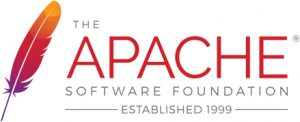 During the first week of April, the Apache Software Foundation (ASF) announced it was moving some projects to a virtual attic, German IT news site heise reports. Projects which are no longer being worked on and are to a certain extent regarded as “retired” end up in Apache’s attic.
During the first week of April, the Apache Software Foundation (ASF) announced it was moving some projects to a virtual attic, German IT news site heise reports. Projects which are no longer being worked on and are to a certain extent regarded as “retired” end up in Apache’s attic.
The official announcement is the final stage of the journey to the attic and may take some time to implement. Ironically, a project with the dashing name of Falcon (the peregrine falcon is the fastest moving animal on Earth with a dive speed of some 380 km/h. Ed.) is taking some time to make the move: Falcon was abandoned in June 2019.
Falcon for data management
The ASF took Falcon 2013 under its wing in 2013 and the data management project was promoted to a top level after two years’ incubation. At the time the project’s was widespread in big data projects with Hadoop and inter alia with Hortonworks and Talend.
Apache Falcon’s retirement means there will be no further development of the project by the ASF. The Foundation’s virtual attic was created in 2008. It contains all the projects which have officially reached their end of life. The Attic webpage describes the retirement process.
The time frame between the decision to retire a project and the end of removal works varies considerably. Hervé Boutemy, the manager of Apache’s Attic is expected to announce the official retirement of a further 19 projects in the next few days in addition to Falcon. The retirement process has likewise been officially concluded for the Apex, Aurora, Forrest, Hama, Stanbol and VXQuery projects.
Still available but no longer developed
Projects in the Attic remain available there and project pages can still exist, as for Apache Falcon. However, the ASF no longer pays attention to either further development or bug fixes. Anyone interest can fork the projects at any time and ASF lists these forks.
From time to time, if a project proves to be more popular than expected when it was retired, it will be retrieved from the attic and revived. For example, the Foundation dug XMLBeans out of the attic in summer 2018 after four years’ “retirement“.
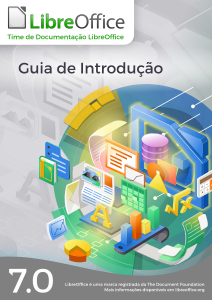
 Dortmund’s city council has paved the way for “
Dortmund’s city council has paved the way for “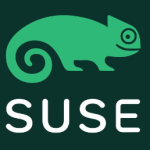

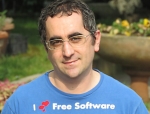 historic judgment in Italy, Lenovo was ordered to pay €20,000 euros in damages for abusive behaviour for refusing to refund the price of a pre-installed Windows licence in a case initiated by Free Software Foundation Europe (FSFE) supporter Luca Bonissi, the
historic judgment in Italy, Lenovo was ordered to pay €20,000 euros in damages for abusive behaviour for refusing to refund the price of a pre-installed Windows licence in a case initiated by Free Software Foundation Europe (FSFE) supporter Luca Bonissi, the 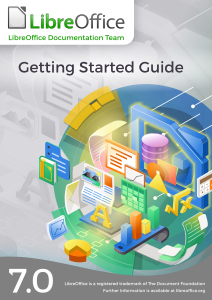 The Document Foundation’s blog
The Document Foundation’s blog  On Wednesday the Linux Foundation and Google
On Wednesday the Linux Foundation and Google  Earlier this week, version 86.0 of the Firefox web browser was released.
Earlier this week, version 86.0 of the Firefox web browser was released.